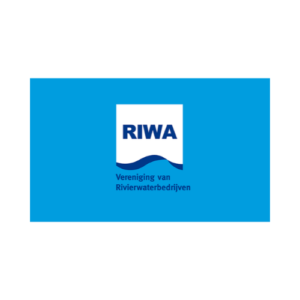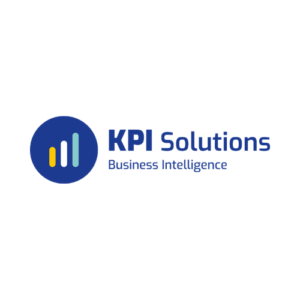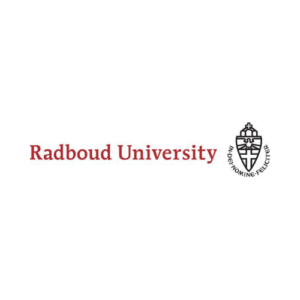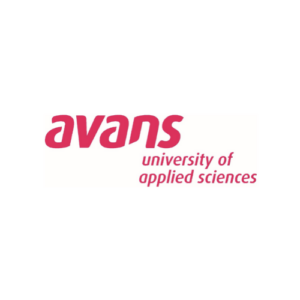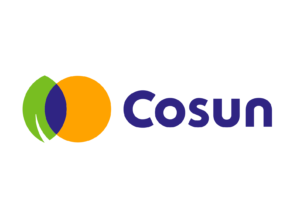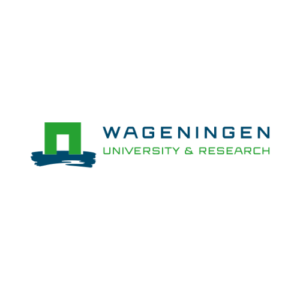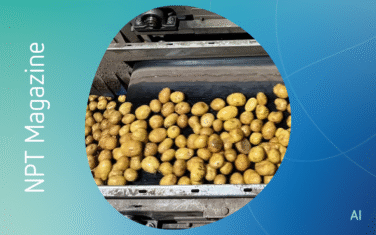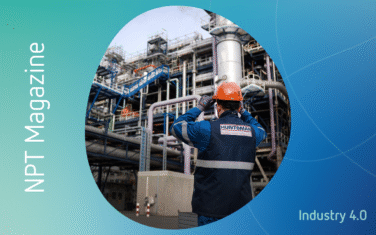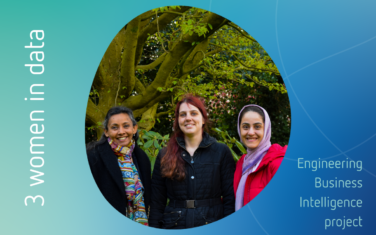EBI aims to take data collection, data analytics and data visualization to a new level in the sustainable process industry.
In short:
- Process-control, -monitoring and predictive maintenance are well-known concepts
- They can improve future energy systems
- And reduce energy usage in existing processes by 5-25%
Processes need to be optimized for better sustainability
Process-control, -monitoring and predictive maintenance are well-known concepts. However, their usage must be broadened and improved to realize the near-future energy transition goals, since they can reduce energy usage in existing processes by 5-25% and their usage is currently still limited.
Corporate sustainability is a convoluted performance indicator, embedded in constraints of economic performance and consistency of production. Losses in Key Performance Indicators (KPIs), such as environmental impact, often relate to operational process anomalies: deviations in the process from the Normal Operating Conditions that harm process performance. Multivariate Statistical Process Control may observe and even predict such operational faults, but currently mostly focuses on the KPI Quality predictions.

Operational process data may however also predict other KPIs for economy, sustainability and operational consistency. Disclosing the effect of process faults on different performance indicators will enable the operator to avoid high-value process faults, leveraging indicators of economic performance with environmental impact and operational consistency. The same disclosure allows management to associate performance losses to specific historical faults in process operation, enabling avoidance of expensive future faults through process innovation.
Objectives for a sustainable process industry
The consortium aims to take the scope, quality and impact of data collection, data analytics and data visualization to a new level in the process industry. We want to use human-centered design methods and replicate and exploit the insights to practitioners and scientists.
Engineering Business Intelligence (EBI) will create a new digital method to detect how sub-optimal process operation measured within the process data, affects sustainability, quality and economic value of the process to provide input in mitigation and consequently leverage economics with environmental performance. This novel method will provide detailed insight into the effects of process anomalies, both incidental faults and expected drifts in routine operation (e.g. process fouling), on environmental, economic and consistency performance losses.
The disruptive, descriptive and predictive capabilities of such new technology may be implemented as a novel information source with a specific role for the workforce. This not only requires a technological transition, but also a transition throughout the organization in which the workforce internalizes the digital technologies in order to identify process failures. These new technical possibilities, fully internalized by the workforce, may considerably reduce the environmental impact of the process industry whilst maintaining economic and operational excellence, using already existing data streams. Engineering Business Intelligence (EBI) brings a Digital Operations and Management Assistant (DOMA) to the process industry that will predict and thereby reduce the environmental impact of process faults within economically (more) profitable boundaries.
EBI’s key activities
- Investigating a novel context-based statistical identification and description of process anomalies that can be quantitatively explored, stored and associated with performance.
- Investigating a method to develop and implement a Key Performance System that associates performance losses with process anomalies, on sustainability, economic performance and production consistency with a specific focus on environmental performance.
- Investigating human-centered design methods to enable internalization of digital methods for value-based fault mitigation by and with the workforce. For this, we will also develop specific social guidelines to create the appropriate work floor/ boardroom boundary conditions for the digital solutions to have optimal effect.
- Investigating the operational validity of the developed methods in industrial case studies, among others related to predictive cleaning of heat exchangers, as well as studying infrastructure approaches for integration of data collection, analytics and visualization into the existing industrial infrastructures.
- Define Key Performance Indicator sets and visualization approaches that are intuitive, concise and complete.
- Exploit results by using innovative dissemination approaches.
Results
This project results in a generic and novel digital technology, DOMA, that will be disseminated to practitioners and scientists. The industrial case studies illustrate the potential and diversity of the developed methods: for each relevant case study, we co-develop an integration policy and workable visualization methods for data, enabling their workforce to internalize the digital solution.
Our technology providers will innovate their value propositions and enlarge their customer and knowledge base. The industrial users can use the DOMA approaches and insights to improve their efficiency, lower costs and make new steps in their digital process routes for sustainable process industry.
Other interesting reads on Digitalisation
- Is AI helping or hindering the low-carbon transition? Researchers study the steel industry
- Electrification requires adaptability and flexibility
- Samotics: ‘Delivering scalable insights for costly problems’
And check our LinkedIn to stay up to date.
You might also be interested in
Articles / Publications
Acknowledgement & partners
This project is co-funded by TKI-Energy with the supplementary grant 'TKI- Toeslag' for Topconsortia for Knowledge and Innovation (TKI’s) of the Ministry of Economic Affairs and Climate Policy.


